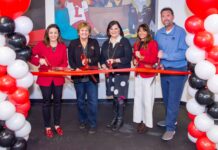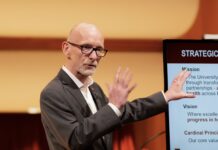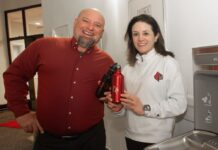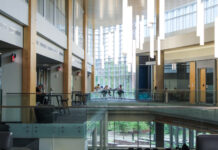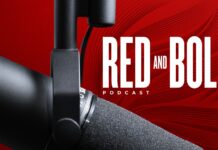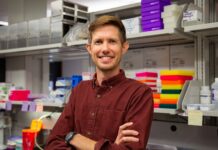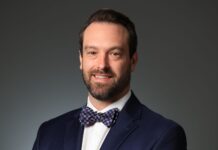
A dozen UofL Sport Administration students and three professors are headed north for the Feb. 4 match up between the Philadelphia Eagles and the New England Patriots at U.S. Bank Stadium in Minneapolis. Most of them will be working as NFL/PepsiCo Zero Waste Super Bowl green ambassadors.
“I am super pumped,” said Bruce Dougherty, who will graduate in May with his master’s degree in SPAD. “When Dr. (Megan) Shreffler emailed us about possibly going to the Super Bowl, I had to read the email like three times because I didn’t think it was real.”
Shreffler, an assistant professor in the department of health and sport sciences, said she wanted to see if there was any chance her students could be a part of the Super Bowl and in December contacted a colleague at the University of Minnesota, where Shreffler received her PhD in kinesiology in 2013. There were opportunities available, but she was just days from the application deadline for the PepsiCo gig.
Shreffler spent the next few days frantically emailing students, compiling applications and figuring out transportation and housing. “The whole week was a whirlwind,” she said.
In the end, she pulled together a group of three professors (including herself), eight master’s degree students, three undergraduate students and a doctoral student for the Super Bowl trip, a first for the SPAD program.
“Within the SPAD program, we really try to show students what class concepts look like in real-life settings,” Shreffler said, and the Super Bowl is about as real-life as you get for major sporting events.
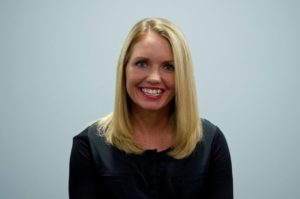
The Super Bowl trip will give students a view from the “event manager perspective, everything that goes into an event and working a game day, but will also provide a glimpse into corporate social responsibility as students will serve as green ambassadors,” she said.
PepsiCo will have the team working a 12-hour shift encouraging fans to separate trash from items that can be recycled or composted. Team members will also act as “goodwill ambassadors” for fans throughout the day by helping them take selfies, guiding them around the stadium or helping them seek medical or security assistance. They will also get paid an hourly wage.
“We will get to learn more about recycling and green initiatives with sport,” Dougherty said. “I think that’s really important. In the future, green initiatives in facilities and operations are going to be really big.”
According to a news release, partners the NFL, PepsiCo, Aramark, U.S. Bank Stadium and the Minnesota Sports Facilities Authority have a goal to recover more than 90 percent of stadium waste at Super Bowl LII. That’s more than 40 tons of waste, and it includes recycling bottles and cans, composting food waste and service ware and repurposing items like discarded handbags, signage and construction materials through local community organizations.
Shreffler said she hopes to be able to take SPAD students to more major sporting events in the future.







